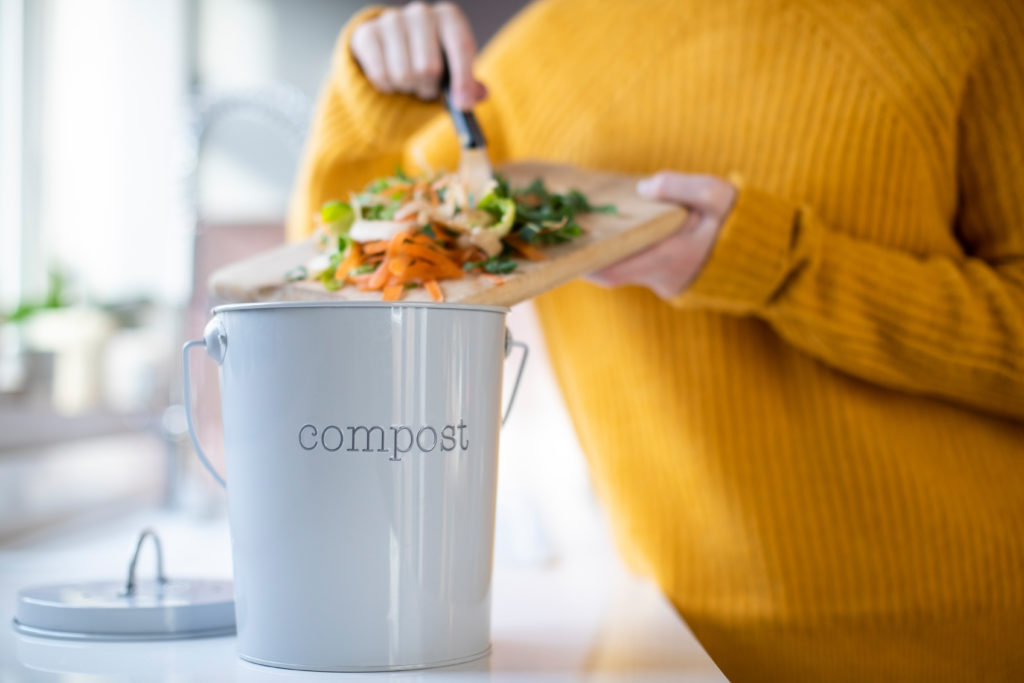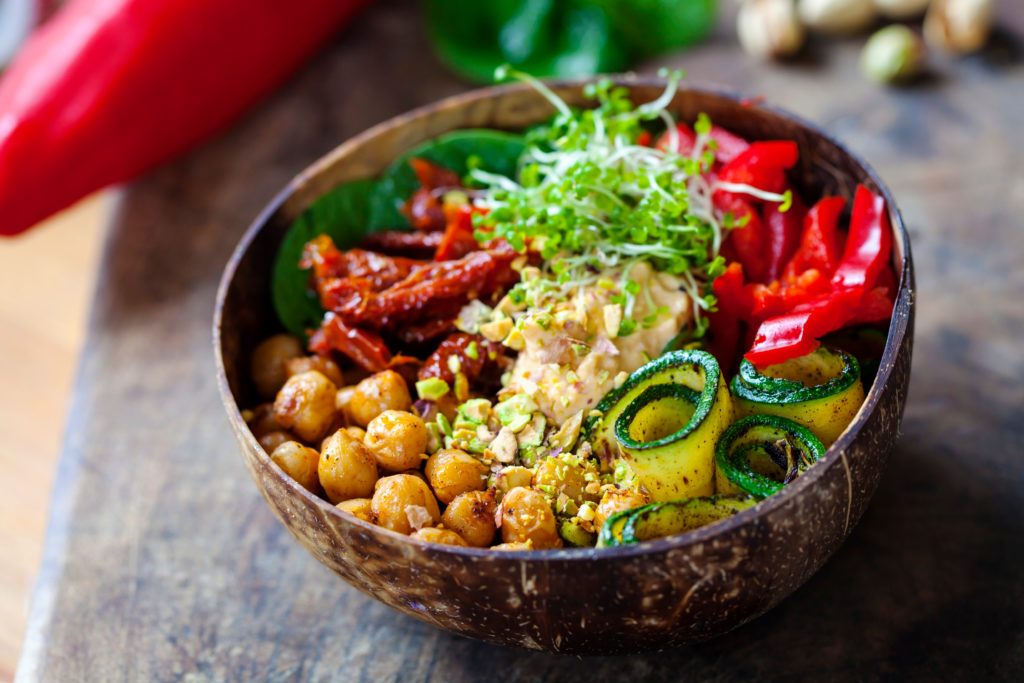
The Winter season usually means one thing; holidays. Of course, we are also traveling, dining out, celebrating and shopping. But what effect does this have on our planet, and how can we reduce our carbon footprint?
Taking care of the environment is also essential; with an influx of tourism, the negative impact on green spaces, local parks, ski fields, hotels and attractions increases during the holiday season.
WHY DOES IT MATTER?
Whilst the winter season may be a wonderful time of the year, it can be devastating on the environment. However, we can make a difference. Below are some ideas for a more environmentally-friendly winter season:
- Drive less or carpool.
- Stay in eco-friendly accommodation.
- Minimise single-use plastic waste.
- Serve local, organic or plant-based meals.
- Enjoy days out in nature.
- Choose to offset your carbon emissions where possible.
SHOP LOCAL
Shopping local is a gift to your community no matter what time of year.
Small, locally-owned stores continually have to compete with large department stores, so buying directly from your community will help keep doors open this winter. In addition, many local business owners have likely faced economic hardship in the last two years due to the pandemic, staff loss, and the apparent drop in tourism.
So by supporting their efforts, you can make a positive impact whilst you shop.
The best thing about buying local is the store owner likely knows the area better than anyone. They can recommend the best food to order, the perfect gift idea, or fill you in on the most famous area. Local shop owners are grateful to their customers, and this will be displayed through incredible customer service.

REDUCE PLASTIC
Globally to date, there is an estimated 8.3 billion tons of plastic in the world. Over 6.3 billion tons of that plastic is considered trash. It is the equivalent of 55 million jumbo jets. By comparison, in 1950, we only produced 2 million tons of plastic per year. Now, it is estimated that the number has increased 200-fold. Furthermore, the use of plastic is set to double by 2040!
We all know that single-use plastic is a huge problem any time of the year, so what can you do to help?
- Bring your reusable tote bag and refuse single-use plastic bags.
- Avoid food packaging and plastic cutlery – choose biodegradable options such as The Happy Turtle Straw that won’t harm marine life.
- Say NO to plastic water bottles and BYO reusable bottles with you.
- Stay in eco-friendly hotels that provide green solutions such as plastic-free toiletries, refillable water stations and water-saving technology.
- Shop sustainably or gift experiences to avoid wasteful purchases that add to our landfills each year.
https://www.thehappyturtlestraw.com/
COMPOST YOUR HOUSEHOLD WASTE
Spending additional time at home, indoors cooking or outdoors gardening – winter is a beautiful season to embrace the idea of sustainable living.
Composting food waste and other organic material is a fantastic way to reduce your carbon footprint. As a result, you can minimize the waste that goes to landfills. Furthermore, it’s fun for the whole family.
Here are just a few benefits of composting your household waste this winter:
- Your household methane emissions are significantly reduced by composting food scraps and other organic matter.
- Compost reduces and, in some cases, eliminates the need for chemical fertilisers.
- Compost creates new resources and reduces dependency on fossil fuels.

GIFT AN EXPERIENCE
Did you know that unwanted gifts are a significant cause of waste each holiday season?
Why does this matter? Charities reportedly send about 60,000 tonnes of unwanted items to landfill every year.
According to recent studies, the most common unwanted gifts include:
- Novelty items (51%)
- Candles (40%)
- Pamper products (40%)
- Pyjamas or slippers (35%)
- Underwear or socks (32%)
Avoiding unwanted can be easier said than done. Still, we can reduce our environmental impact is to gift or to buy experiences rather than material possessions.
EAT LESS MEAT
One of the easiest ways you and your family can reduce your carbon footprint is to eat vegetarian or vegan meals. In addition, cutting out particular meat, especially red meat and large predatory fish, and eating lower on the food chain overall can help significantly lower your greenhouse gas emissions.
Reducing meat is one of the best choices you can make for the environment as livestock is directly responsible for 18 per cent of our world global warming emissions!
This winter, enjoy a variety of fresh salad ingredients served with hearty vegetables like potato, pumpkin, cauliflower, carrots, swiss chard, red cabbage and parsnips.
Household staples like pasta, legumes, bread, rice, and beans are affordable, easy to cook and provide crucial nutritional value during the winter months. In addition, make sure to add lots of fresh seasonal fruit to your menu to boost your immune systems, such as leek, kale, beetroots, and apples.
Eating less meat is also good for your bank account. Meat and seafood are resources heavy, leading to excess food waste and is often the most expensive meal on the menu. However, according to research, vegan meals are 40% cheaper than meat or fish equivalents.
VOLUNTEER IN THE COMMUNITY
Volunteering is an excellent way to give back this winter. There are many environmentally friendly projects that you can participate in. Check out the local food banks, opportunity stores, beach clean up groups, ocean or river clean up groups or any other projects you feel motivated to join. Volunteer work is essential to help care for the planet and those around us.
As you can see, there are many environmentally friendly and eco-friendly activities that you can do throughout winter. Making a choice to be kinder to the planet is one of the best things you can do all year round.





